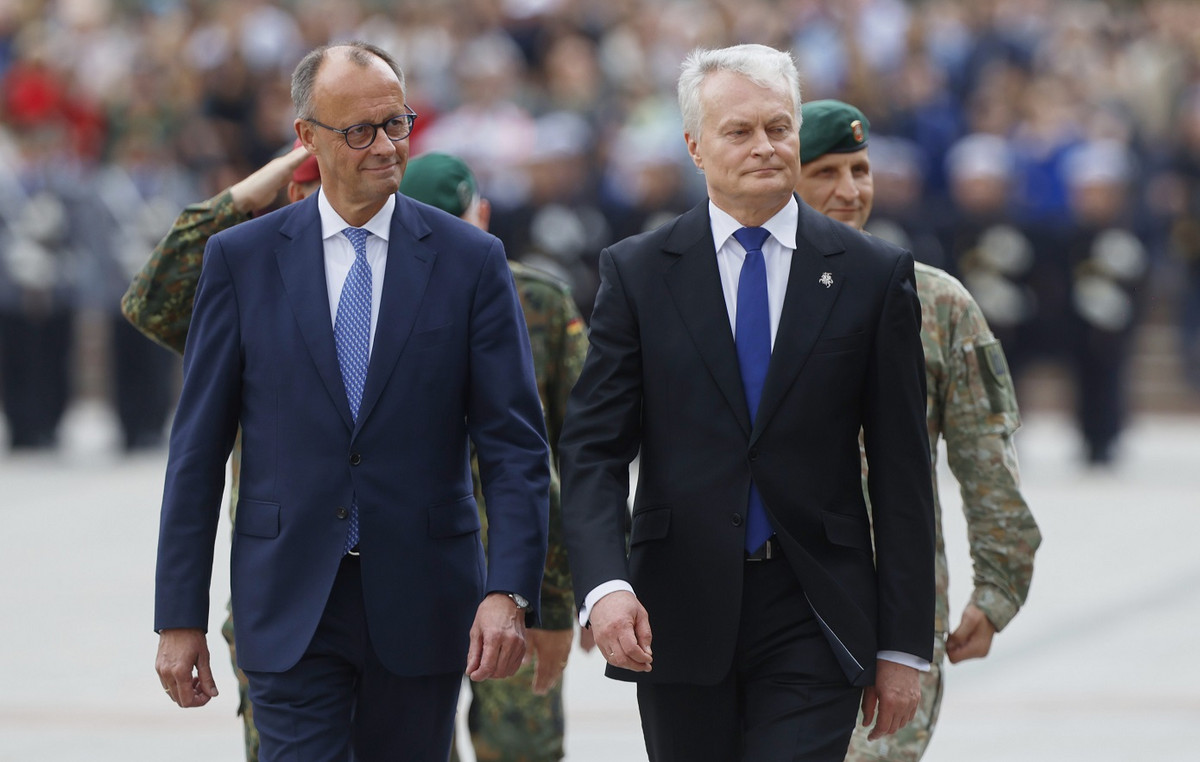European stocks traded lower on Wednesday after the Kremlin announced that the Russian side was ready to resume talks with the Kiev delegation, although the intense bombardment by Russian forces against major Ukrainian cities did not go unnoticed. margins for optimism.
“We will be there, we will wait for the Ukrainian negotiators,” Dmitry Peshkov told reporters, adding that he “hopes” that they will come to the talks.
However, Ukrainian President Volodymyr Zelensky said yesterday, Tuesday, that Russia should stop bombing Ukrainian cities before negotiations could take place.
On the board, the pan-European STOXX 600 index rose 0.4% to 444.23 points.
The German DAX index increased by 0.5% to 13,970.89 points, the French CAC 40 gained 0.6% to 6,429.00 points, while the British FTSE 100 strengthened by 0.9% to 7,393.15 points.
In the periphery, the Italian FTSE MIB gained 0.35%, while the Spanish IBEX 35 gained 0.4%.
The banking sector returns from losses that exceeded 1% earlier and is currently gaining 0.2%. The STOXX Europe 600 Banks index fell 5.6% yesterday.
The European arm of Sberbank, Russia’s largest bank, was shut down by order of the European Central Bank, which had warned that the institution was in danger of collapsing due to massive withdrawals of deposits following the Russian invasion of Ukraine.
Sberbank, which recorded record profit for 2021 in 2021, announced that it is leaving the European markets as its subsidiaries there face large cash outflows but also threats to the safety of its employees. Sberbank was present in Austria, Croatia, Germany and Hungary, among others, with its European assets reaching 13 billion euros.
Meanwhile, the rally in oil prices does not seem to be losing momentum despite the announcement of the International Energy Agency yesterday that the US and other major countries have agreed to release about 60 million barrels from their strategic reserves. Brent climbs to $ 112 a barrel as investors await OPEC + decisions after the cartel meeting later today.
The rally in energy prices led to a new record inflation in the Eurozone in February, according to initial data released today by Eurostat. In particular, inflation in the 19 countries that share the euro climbed to 5.8% in February from 5.1% in January, exceeding the average estimates of analysts who put inflation at 5.4%.
Source: Capital
I am Sophia william, author of World Stock Market. I have a degree in journalism from the University of Missouri and I have worked as a reporter for several news websites. I have a passion for writing and informing people about the latest news and events happening in the world. I strive to be accurate and unbiased in my reporting, and I hope to provide readers with valuable information that they can use to make informed decisions.







